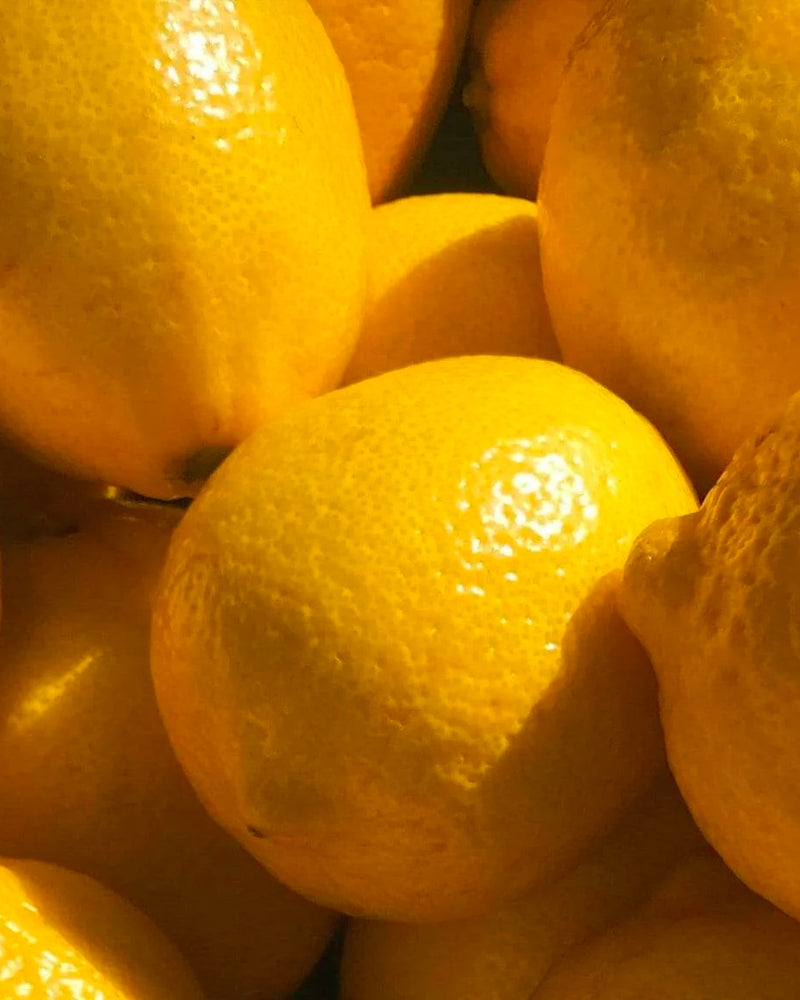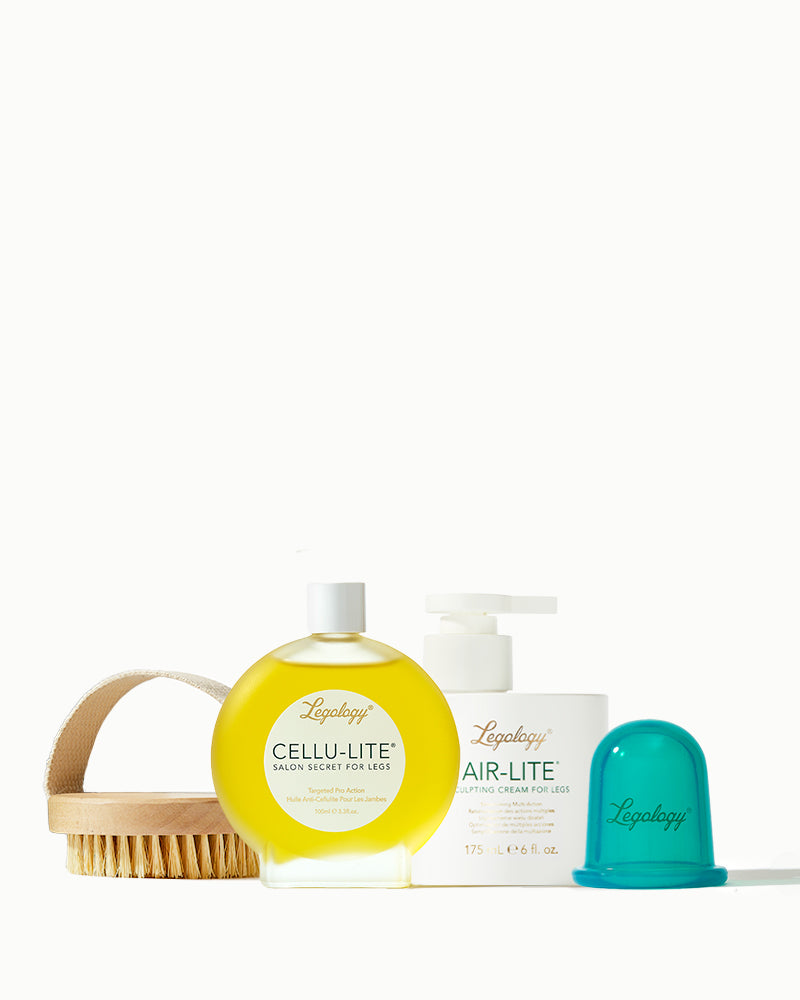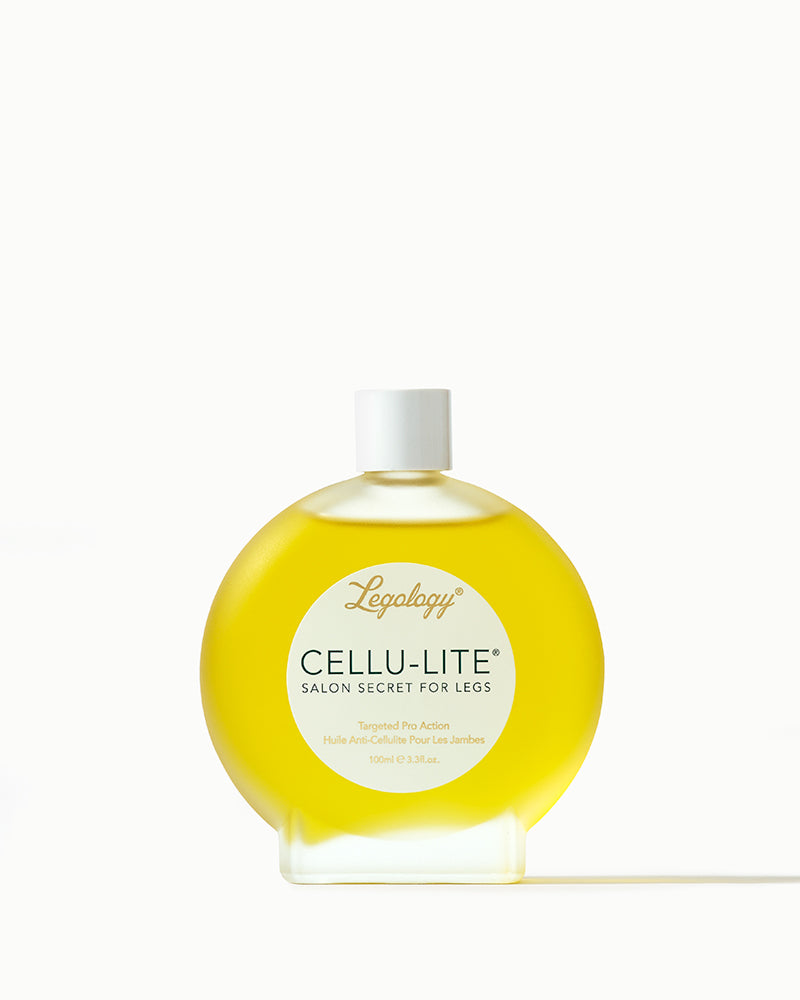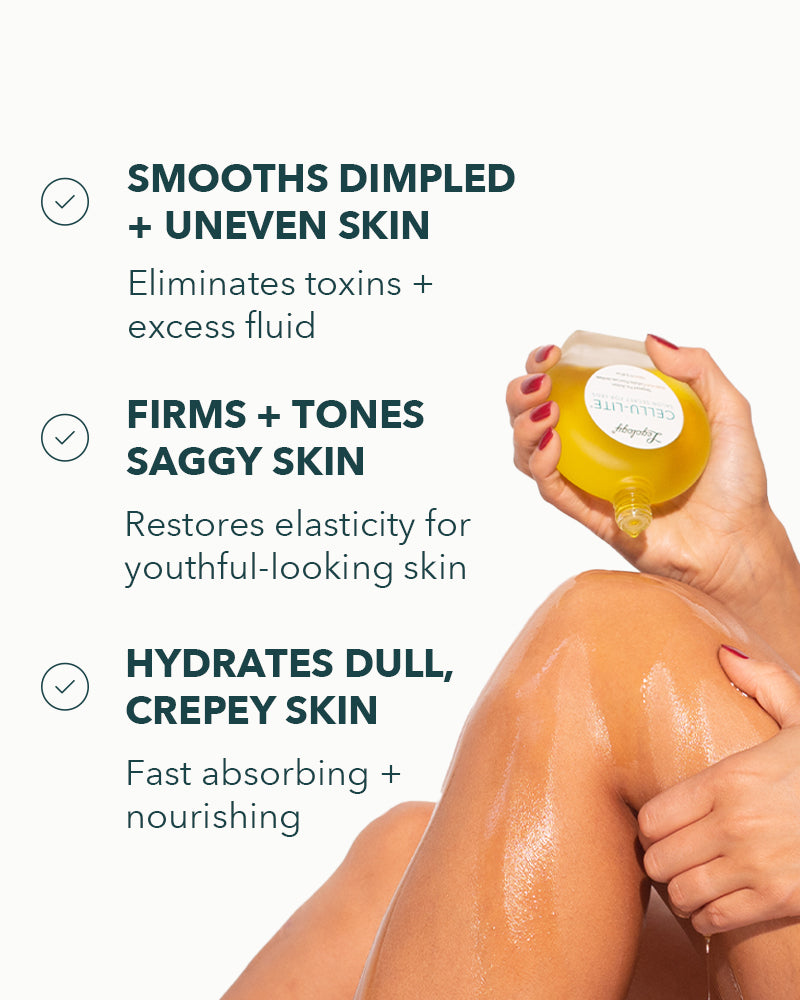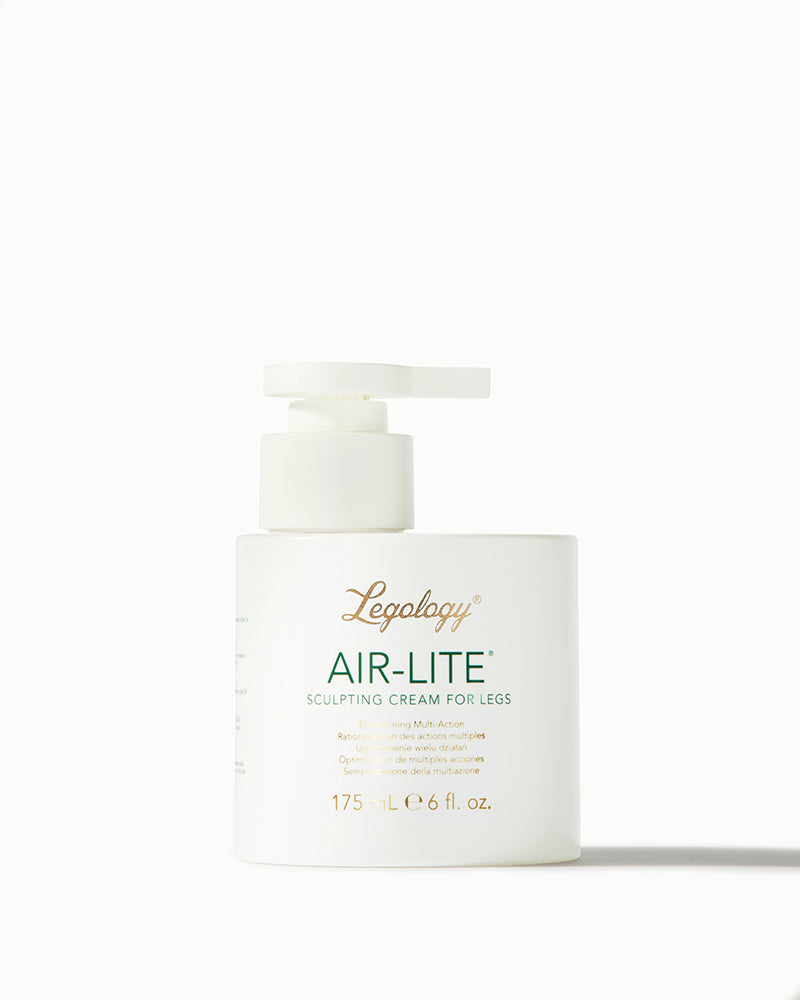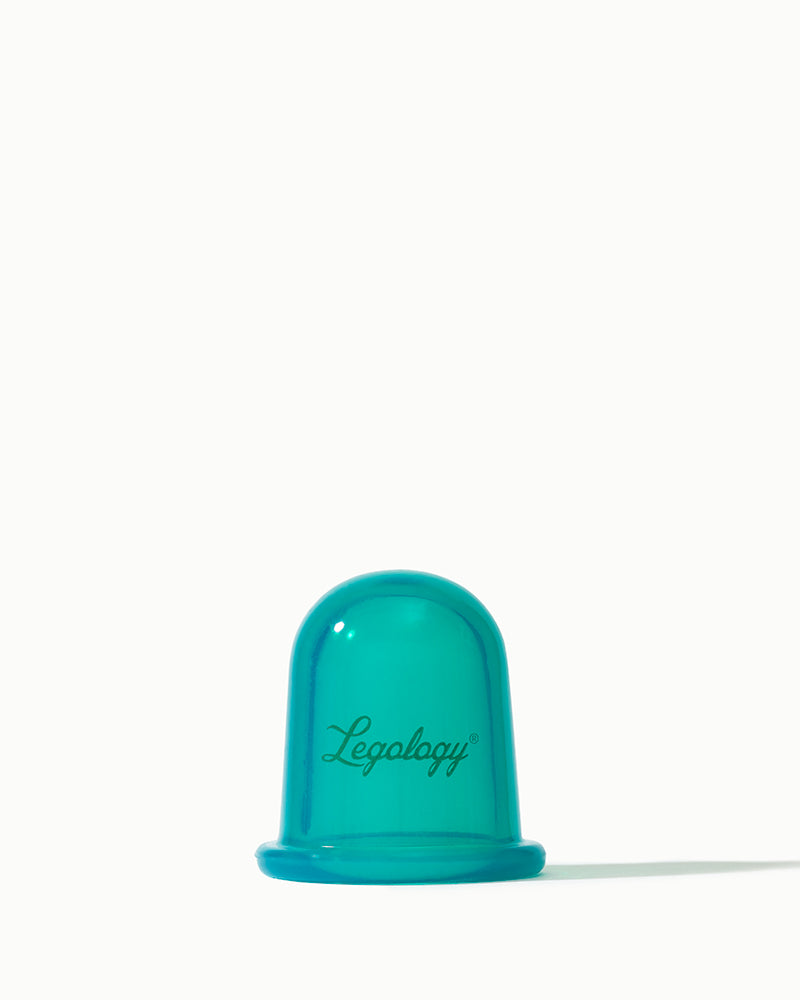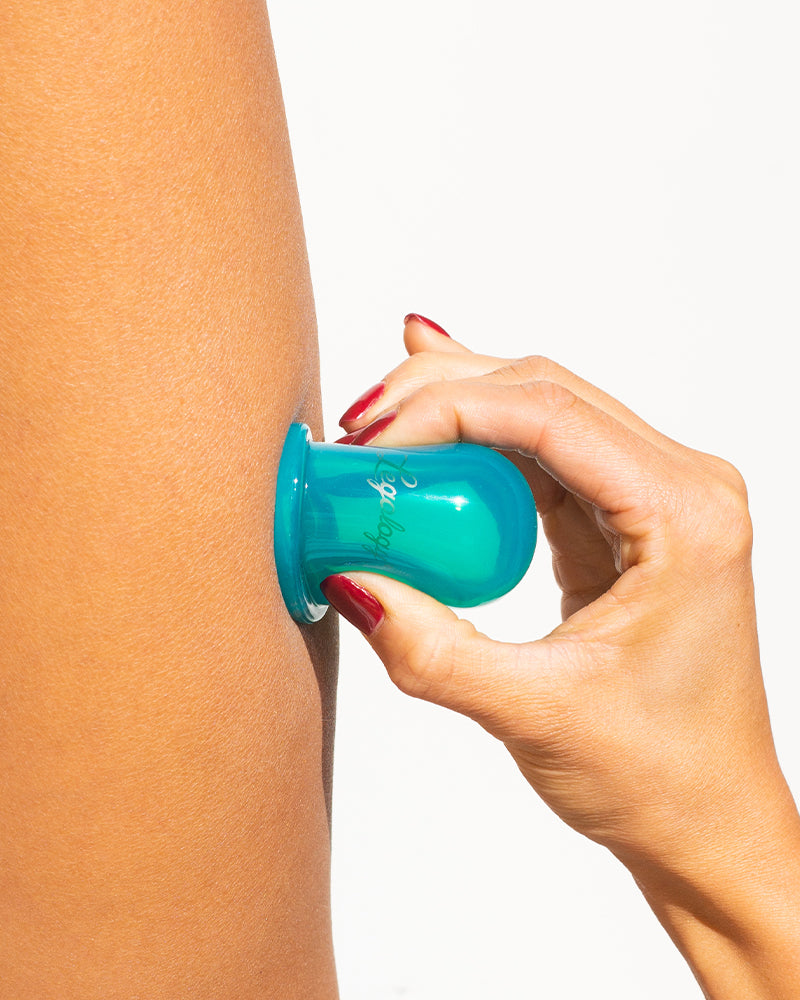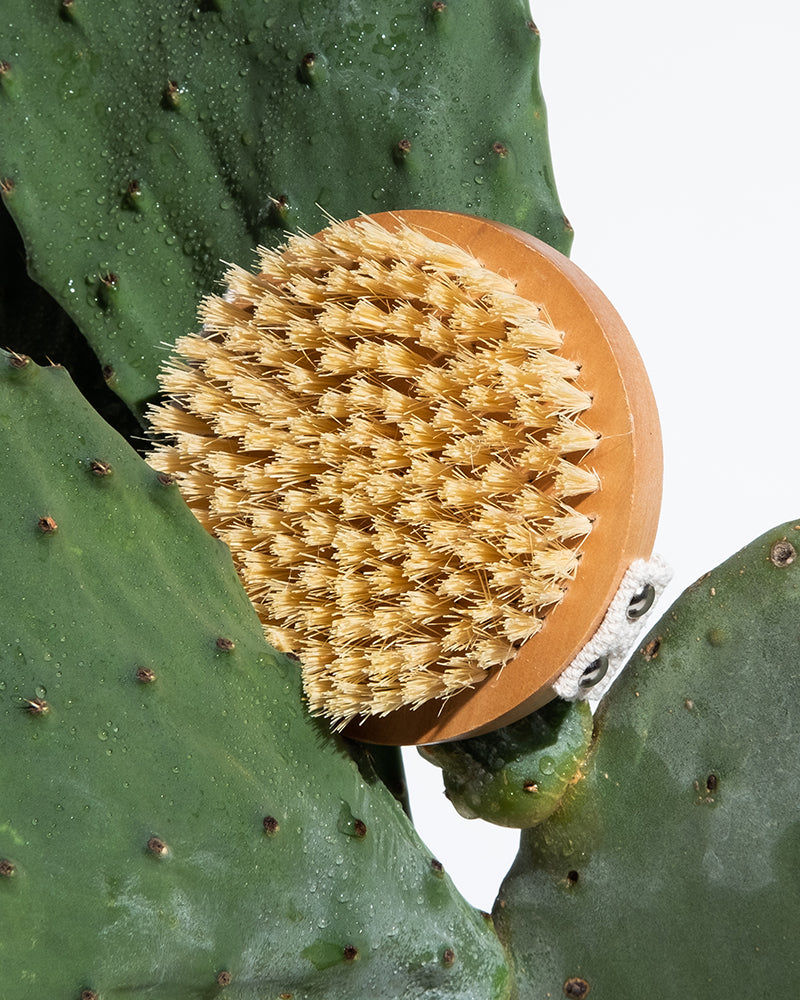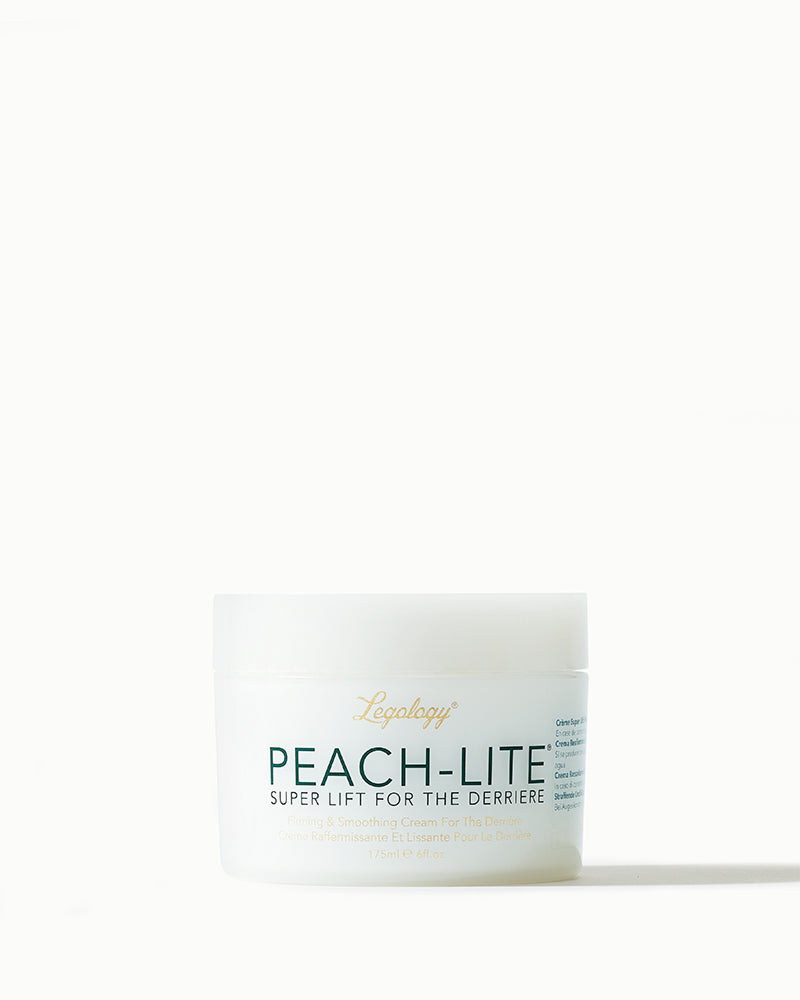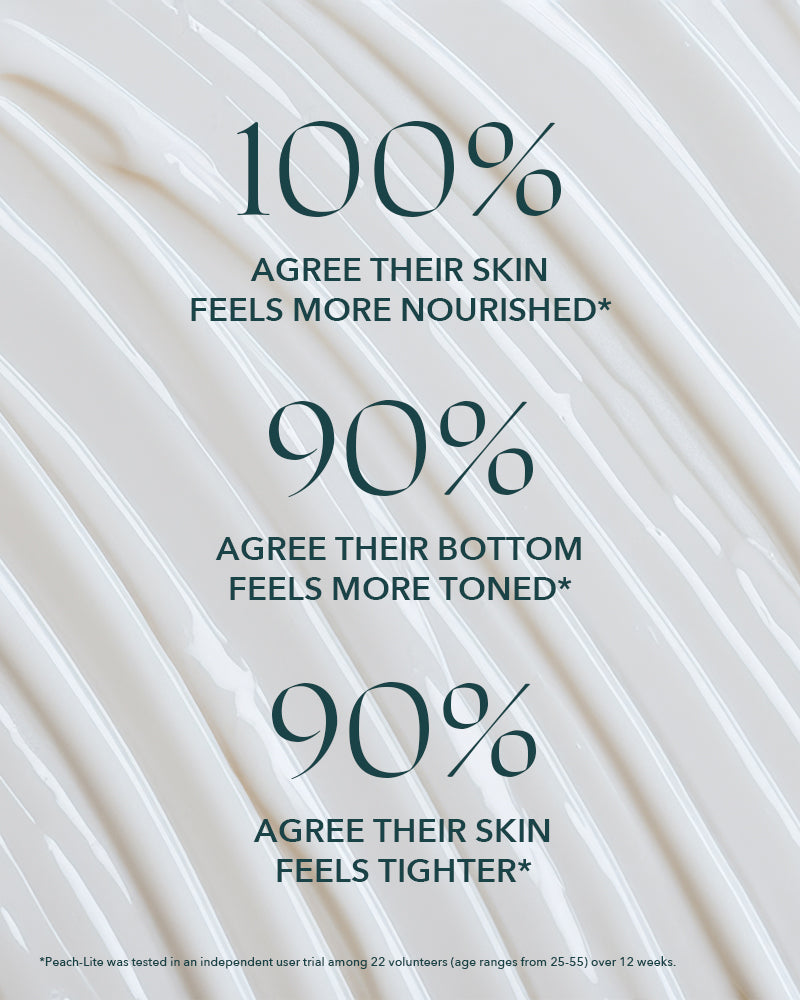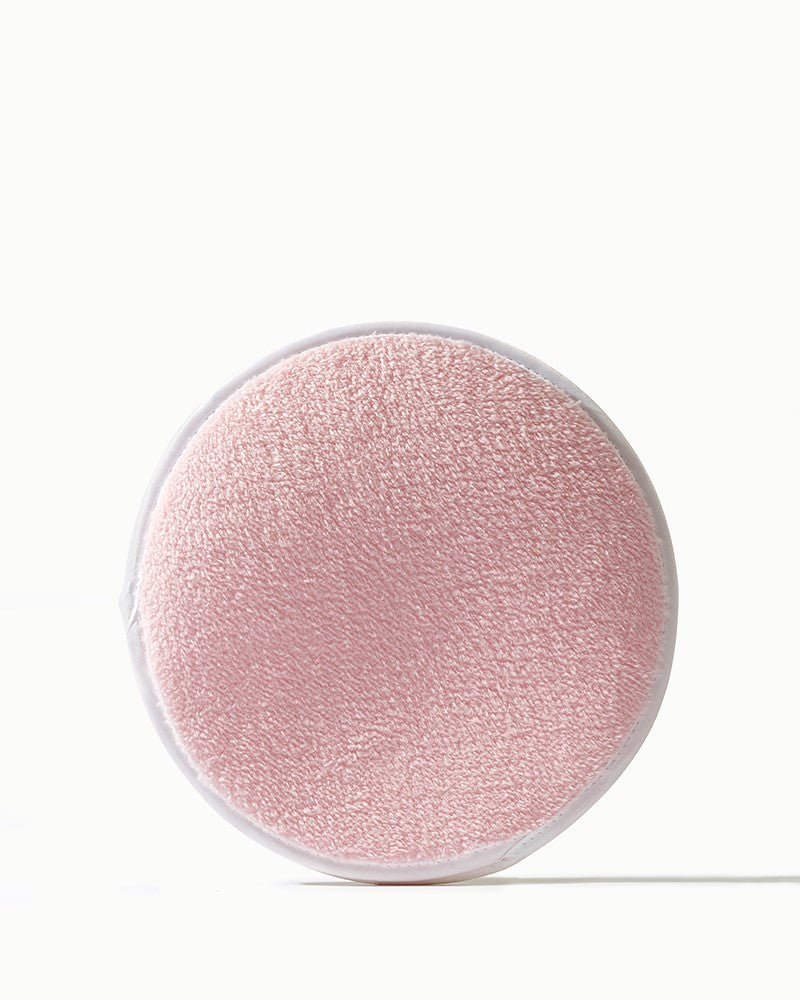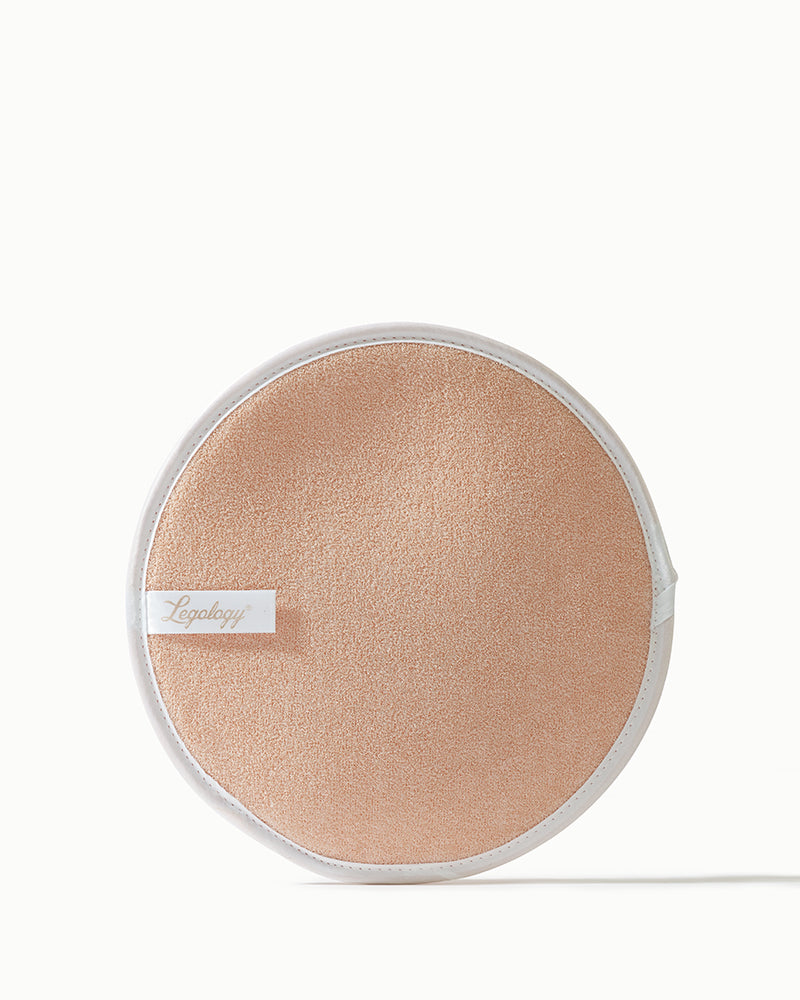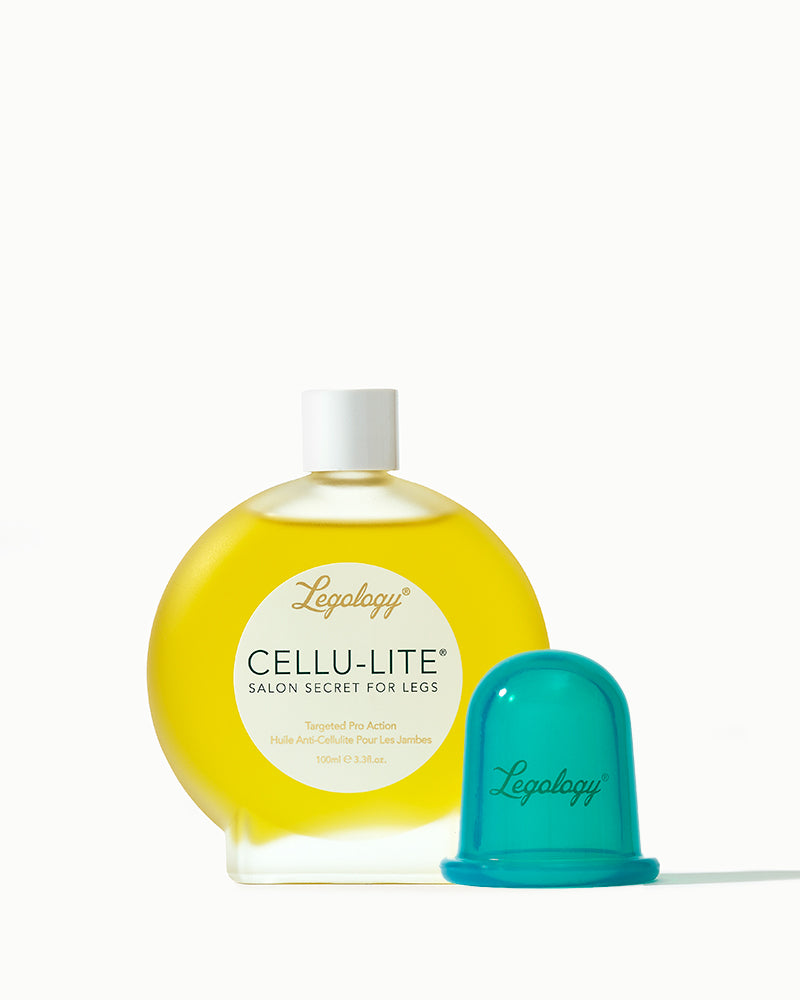Article: The Best Foods To Fight Menopause Symptoms
The Best Foods To Fight Menopause Symptoms

Menopause is a challenging time for many, there’s no doubt about that. There are, however, various effective ways to relieve the symptoms and make this transition easier, and one of them is through your diet.
The key to a menopause-friendly diet is the link to your hormones. During the transition to menopause and beyond, the hormone oestrogen begins to decline, disrupting your normal cyclical patterns of oestrogen and progesterone. Declining oestrogen then impacts the metabolism, potentially leading to weight gain. This can be extremely frustrating, because the weight seems to creep up on you, even despite your best calorie-control plans. On top of this, these changes can also affect cholesterol levels and how your body digests carbs.
Foods and vitamins for the menopause:
DAIRY QUEENS
The decline in oestrogen increases the risk of bone fracture. But dairy products, such as milk, yoghurt and cheese, contain calcium, phosphorus, potassium, magnesium and vitamins D and K, all of which help to build bone strength and health. In fact, one study, in 750 post-menopausal women, showed that those who ate more dairy and animal protein had significantly higher bone density than those who ate less of both. Dairy food may also help improve sleep. A review study recently found that foods high in the amino acid glycine, found in milk and cheese, promote deeper sleep in menopausal women. In addition, there is some evidence that links dairy consumption to a decreased risk of premature menopause, which occurs before the age of 45. In one study, women with the highest intake of vitamin D and calcium, which cheese and fortified milk are rich in, had a 17% reduced risk of early menopause.
GOOD FATS
Healthy fats, like omega-3 fatty acids, also benefit women in menopause. One review study revealed that omega-3 supplements can decrease the frequency and severity of hot flushes – especially at night.
Foods highest in omega-3 fatty acids include fatty fish such as mackerel, salmon and anchovies, as well as seeds like flax, chia and hemp. All of these delicious foods could have an impact on your menopause symptoms, as well as improve your diet!

WHOLE AGAIN
Whole grains are high in nutrients, including fibre and B vitamins (thiamine, niacin, riboflavin and pantothenic acid), and they provide enormous benefits to your body during menopause. Among many things, they steady your bloody glucose, give you lasting energy, reduce your cholesterol (by helping the liver to clear it and excess oestrogen compounds away), reduce your racing heart rate and help to protect your heart.
Post-menopause heart disease is the burden of many western countries (particularly the UK, US, Australia and New Zealand, with China catching up as the country becomes more modernised). The increase at this time is not just related to ageing but also, at least in part, to a decline in ovarian hormone concentrations during the menopausal transition and beyond.
Oestrogen plays a role in the contraction of the heart as well as the dilation of our coronary blood vessels. That means that the reduction in oestrogen as part of our normal menopause transition has a less than beneficial effect on the size and function of the heart. This includes increased thickness of the heart wall, vascular stiffening, slower recovery (especially post-exercise) and changes to nerve signalling.
Whole-grain foods to incorporate into your diet include brown rice and oat bran (both especially helpful because they have the bran layer intact which gives these foods a higher protein, mineral and vitamin content than white rice, as well as a higher content of fibre), whole-wheat bread, barley and rye. Look for ‘whole grain’ listed as the first ingredient on the label as your guide. Nutritionists recommend two servings a day.
GET FRUITY (& VEGGIE)
Fruit and vegetables are packed with vitamins and minerals, fibre and antioxidants.
They’re excellent as part of a menopausal diet for myriad reasons. In a one-year intervention study in over 17,000 menopausal women, those eating more veg, fruit, fibre and soy experienced a 19% reduction in hot flashes compared to a controlled group.
Cruciferous veg may be especially helpful. Take broccoli: it’s said to decrease levels of oestrogen linked to breast cancer while increasing levels of an oestrogen type that protects against breast cancer.
Dark berries are heroes too. In one eight-week study in 60 menopausal women, 25 grams a day of freeze-dried strawberry powder was found to lower blood pressure compared to a control group. And in another eight-week study in 91 middle-aged women, those who took 200mg of grape seed extract supplements daily experienced fewer hot flashes, better sleep and lower rates of depression.

OESTROGEN MIMICKERS
Phytoestrogens are compounds in food that act as weak oestrogens in your body. There has been some controversy around including them in the diet, but the most recent research suggests they’re beneficial, especially for menopausal women.
Foods containing phytoestrogens include soybeans, chickpeas, peanuts, flax seeds, barley, grapes, berries, plums and green and black tea.

PROTEIN PACK
The decline in oestrogen from menopause is linked to decreased muscle mass and bone strength. That’s why women going through menopause should eat more protein. Nutritionists recommend women over the age of 50 eat 0.45-0.55 grams of protein per pound 1-1.2 grams per kg) of body weight daily, or 20-25 grams of high-quality protein per meal.
Foods high in quality protein? Eggs, meat, fish, legumes and dairy products. Include on in every meal.
Dealing with those initial signs of menopause can be incredibly challenging and comes at a time in life when healthy living, both mentally and physically, is more important than ever. In fact, the menopause can also impact your legs. Taking the time to supply your body with the nutrients it needs to function properly is key to living a stress-free life.


